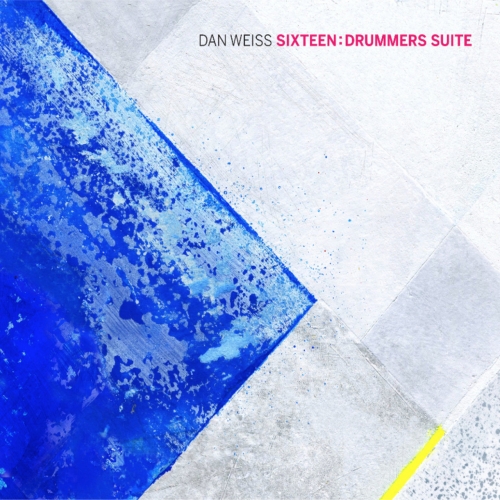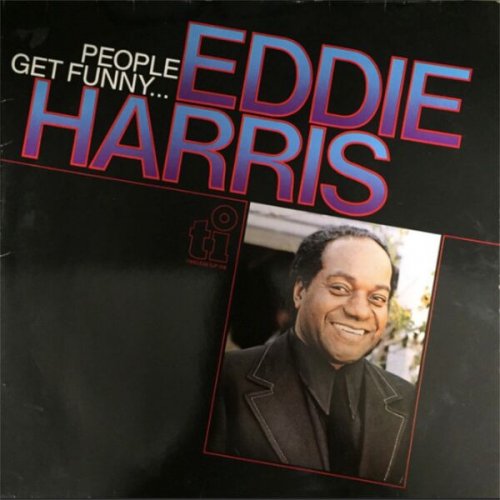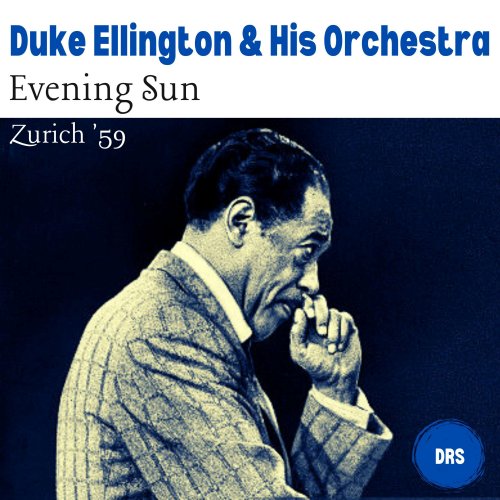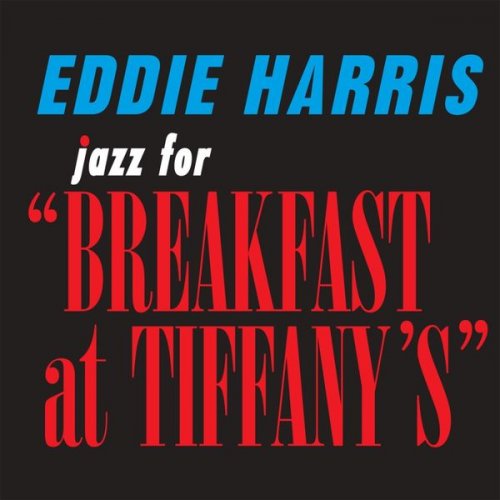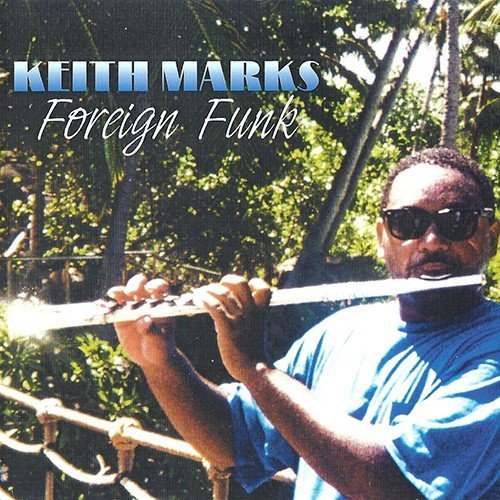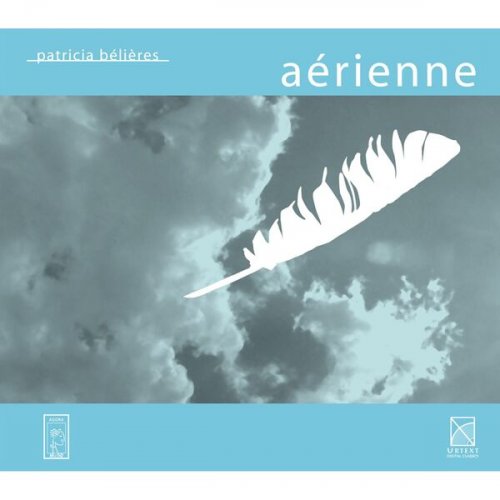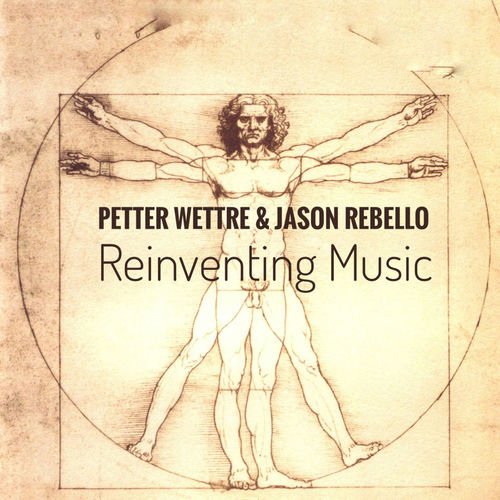Rachel Podger & Brecon Baroque - Bach: The Art of Fugue (2016) [DSD128 & Hi-Res]
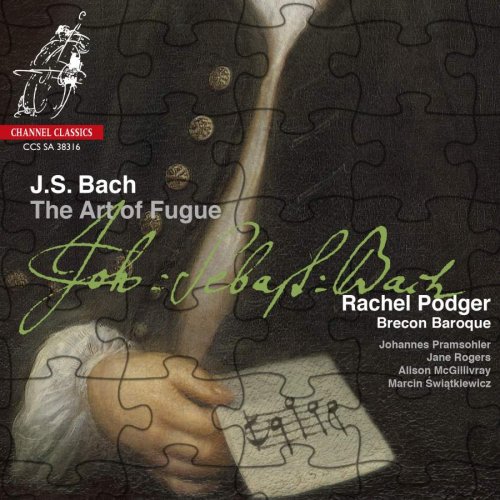
Artist: Rachel Podger, Brecon Baroqu
Title: Bach: The Art of Fugue
Year Of Release: 2016
Label: Channel Classics Records
Genre: Classical
Quality: DSD128 (*.dsf) 5.6 MHz / 1 Bit / FLAC (tracks) [192/24]
Total Time: 1:11:06
Total Size: 5.61 / 1.62 GB
WebSite: Album Preview
Tracklist:Title: Bach: The Art of Fugue
Year Of Release: 2016
Label: Channel Classics Records
Genre: Classical
Quality: DSD128 (*.dsf) 5.6 MHz / 1 Bit / FLAC (tracks) [192/24]
Total Time: 1:11:06
Total Size: 5.61 / 1.62 GB
WebSite: Album Preview
Johann Sebastian Bach (1685 - 1750)
Simple Fugues
1 Contrapunctus 1 2:47
2 Contrapunctus 3 2:27
3 Contrapunctus 2 2:58
4 Contrapunctus 4 3:38
5 Canon Alla Ottava 2:15
Double Fugues
6 Contrapunctus 9 'Alla Duodecima' 2:26
7 Contrapunctus 10 'Alla Decima' 3:47
Counter Fugues
8 Contrapunctus 5 2:51
9 Contrapunctus 6 'In Stylo Francese' 3:49
10 Contrapunctus 7 'Per Augmentationem Alla Terza' 3:30
Triple Fugue
11 Contrapunctus 8, A 3 5:50
Triple/Quadruple Fugue
12 Contrapunctus 11, A 4 5:40
13 Canon Alla Duodecima 3:43
14 Contrapunctus 12, A 4 3:48
15 Canon Alla Decima 4:27
16 Contrapunctus 13, A 3 4:35
17 Canon Per Augmentationem In Contrario Motu 3:22
18 Contrapunctus 14 8:23
Bach's The Art of Fugue, BWV 1080, broken off at the end by the composer's death, was written out in open score, with no indication of instrumentation. This has given rise over the years to a variety of instrumental realizations, with keyboard performances being the most common, but string orchestra, or wind versions, and so forth, are also often essayed. This version, led by English, period-performance specialist Rachel Podger with her small Brecon Baroque ensemble, is part of a much smaller group: those that apply different settings to the various fugues in the set. Most are for combinations of strings, but a harpsichord may or may not be added, and harpsichordist Marcin Swiatkiewicz gets a couple of fugues on his own. The arrangements are presumably by historical-performance conductor John Butt, who wrote the booklet notes, but even he does not attempt to justify the procedure beyond some general suggestions that the work might not have been as abstract as it's generally supposed. Podger's version, lushly beautiful as it may be on the surface, disturbs that abstract quality, and individual listeners may decide for themselves whether they buy the approach. It is not clear why some fugues get harpsichord accompaniment, which is placed pretty far in the background in any event, but you could try sampling adjacent pieces without and with the harpsichord to see what you think. The intimate but clear sound from Channel Classics, working in London's Church of St-Jude-on-the-Hill is a major plus. -- James Manheim
